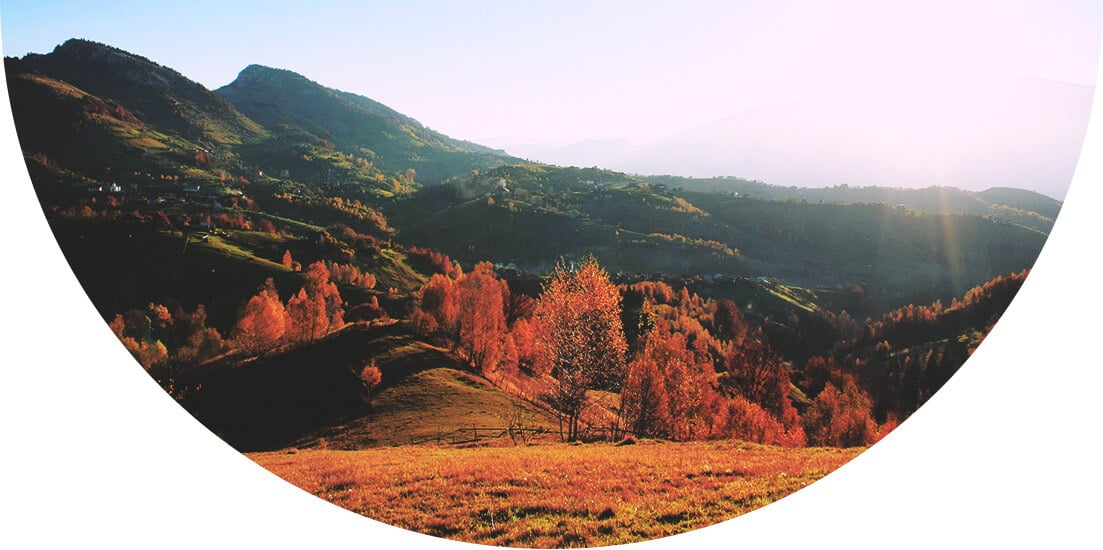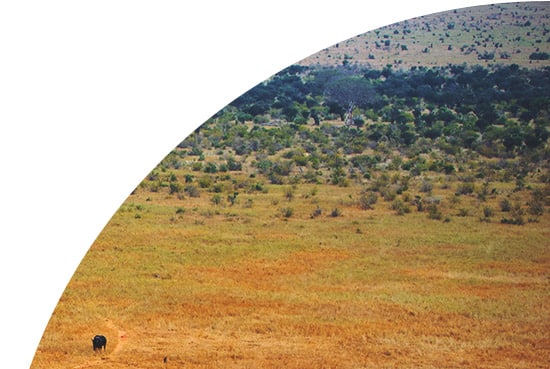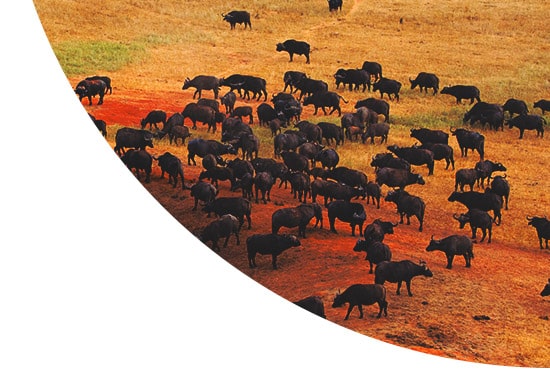Rift Valley fever (RVF) is an acute, fever-causing viral disease that usually affects domesticated animals (such as cattle and sheep), but can also infect and cause illness in humans. The majority of human infections are caused by direct or indirect contact with the blood or organs of infected animals.


Travel Vaccinations for Cape Verde
Recommended Vaccines for Cape Verde
The level of protection needed depends on your medical history and travel itinerary. Book now to get a personalised recommendation from our specialist travel nurses. The consultation costs £20 plus any vaccines you decide to take.
Vaccines Advised To Some Cape Verde Visitors
Flexible appointments with no upfront payment
Book Now
Destination Information for Cape Verde
Cape Verde on the West Coast of Africa is a country formed by a group of ten islands. Its inhabitants are known to be some of the richest, most well-educated and politically liberal on the continent. Cape Verde is a popular holiday destination both for tourists looking for a relaxing beach holiday in a luxury resort, and for those looking for a rural getaway in the country’s spectacular mountainous regions. The climate is warm and dry, so even during the rainy season from August to October you’re likely to experience plenty of sun.
If you’re visiting for the vast, unspoilt beaches of Cape Verde, head to Santiago Island, where the capital city, Praia is located, along with the majority of the country’s population. The islands of Sal and Boa Vista are also popular with sun-lovers, with water-sports and villa resorts in abundance. For those looking for a quieter retreat, Brava Island is accessible only by boat, and makes for the perfect base for quiet contemplation. The rural São Nicolau is also a laid-back destination for those more interested in seeing mountains and agriculture than sun-loungers and cocktails.
Action-packed trips to Cape Verde can include kite-surfing, water-sports, hiking, volcano watching on Fogo and canyoning in Santo Antao. Visitors arriving early in the year from February to May will enjoy amazing whale-watching, while those who come from June to October are treated to the sight of nesting turtles on the sandy beaches.
As you enjoy the Cape Verde sunshine, it is important you have been given the right travel vaccinations prior to your journey. Recommended vaccines include hepatitis A and typhoid, along with tetanus, diphtheria and polio. You should book a consultation at a travel clinic to have these administered and consider rabies and hepatitis B risk factors.
Infections and Outbreaks frequently change from country to country and by attending our clinics you will be given the most up to date clinical and safety advice from our team of specialists. Our advice to you often includes aspects such as:
- Food and water hygiene
- Insect and animal bite avoidances
- Personal safety
- Sexually transmitted infections
- Sun protection
- Altitude sickness
Malaria and regions within country:
There is a very low risk of malaria throughout the country. Anti-malarial medication is not normally advised.
Additional Health Risks Information for Cape Verde
The crime rate in Cape Verde is generally low, however street crime and petty incidents do occur, particularly on the main tourist islands of Sal and Boa Vista. Keep your belongings with you at all times and avoid carrying large amounts of cash or expensive jewellery. Avoid walking around in unfamiliar areas after dark, and take the same basic precautions with regard to your personal safety as you would anywhere else.
If you’re hiring a car to get around your chosen Cape Verde island destination, the driving conditions are reasonable, and roads well-maintained. The rainy season from August to October can bring issues with flash flooding and landslides, so it’s advisable to check the local conditions before you set out. Tides and currents around the islands can be very strong, and the sea conditions often dangerous. If you’re swimming, diving or snorkelling, you should take particular care, and if you’re planning to travel by boat between the islands check local warnings and advice beforehand.
The largest hospitals are in Praia, on the main island of Santiago, and Mindelo, on the smaller Ilha de Sao Vincente. There are smaller facilities elsewhere although these may have limited supplies of equipment and medicines. The island of Boavista has particularly scarce resources for medical care. Cape Verde has been identified as at risk of the Zika virus outbreak. It is advisable to visit a Travel clinic to get the necessary vaccines and advice before you travel.



